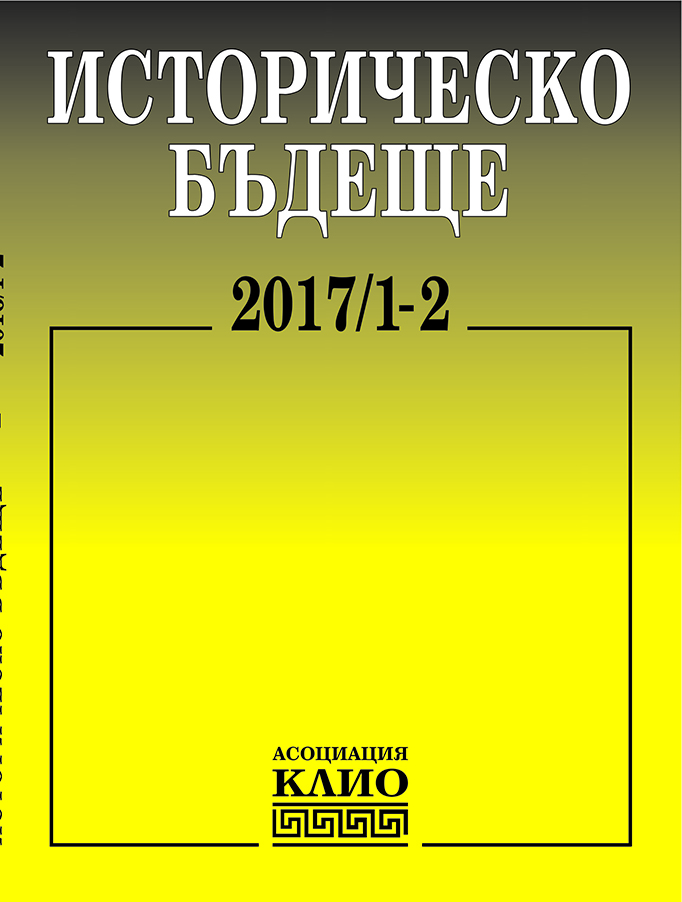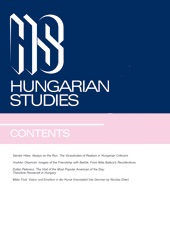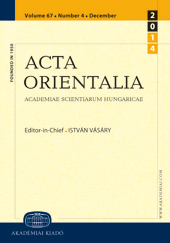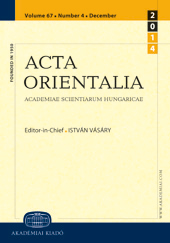
България между „освободителите“ и „поробителите“ – Добруджа в годините на Първата световна война
The study is dedicated to one of the not so thoroughly researched moments in the history of World War I and namely the Dobruja front, on which the Bulgarian army, supported by a Turkish military corps, is fighting against the Russian back-up forces in the Romanian army and later against a Russian army, sent to replace the defeated Romanian troops. In order to fully present those not so well known moments from the military history, the events, related to the diplomatic preparation for Bulgaria’s engagement in the war, to the Bulgarian-Russian and the Russian-Romanian relations, which became one of the reasons for Bulgaria to join on the German side, and to the consequent opening of the Dobruja front after Romania joined the war on the Entente’s side, are chronologically described. On the basis of a wide range of sources the inclusion of the Russian troops in the 3rd Romanian army, as well as the compilation of the Russian Dobruja army, commanded by the Russian general Andrei Zayonchkovski, which starting in mid-September 1916 is fighting against the 3rd Bulgarian army, commanded by general Stefan Toshev, is described. Special attention is given to the development of the Bulgarian-Turkish relations during the years of the War, to the negotiations for signing a union treaty, to the events that led to the participation of Turkish back-up forces in the Bulgarian army, as well as to the Bulgarian-Turkish arguments about the status and the holding of Dobruja after the end of the fighting there, which became a reason for the deterioration of the relations between the Central Powers’ countries.
More...


